Related Research Articles
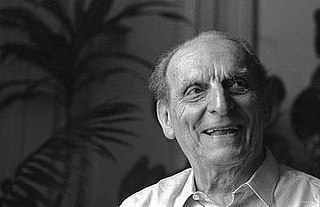
Norberto Bobbio was an Italian philosopher of law and political sciences and a historian of political thought. He also wrote regularly for the Turin-based daily La Stampa. Bobbio was a social liberal in the tradition of Piero Gobetti, Carlo Rosselli, Guido Calogero, and Aldo Capitini. He was also strongly influenced by Hans Kelsen and Vilfredo Pareto. He was considered one of the greatest Italian intellectuals of the 20th century.
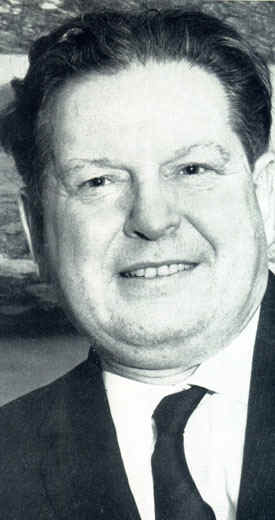
Bruno Leoni was an Italian classical-liberal political philosopher and lawyer. Whilst the war kept Leoni away from teaching, in 1945 he became Full professor of Philosophy of Law. Leoni was also appointed Dean of the Department of Political Sciences at the University of Pavia from 1948 to 1960.

Vincenzo Cuoco was an Italian writer. He is mainly remembered for his Saggio Storico sulla Rivoluzione Napoletana del 1799. He is considered as one of the precursors of the realist school and Italian liberalism. Cuoco adapted the critique of political rationalism of Edmund Burke and Joseph de Maistre for liberal ends, and has been described as a better historian than either of them. He influenced many subsequent Italian intellectuals, from Ugo Foscolo and Alessandro Manzoni to Bertrando and Silvio Spaventa to Benedetto Croce and Antonio Gramsci.

Remo Bodei was an Italian philosopher. He was a professor of the history of philosophy at the UCLA University, Los Angeles California, and also taught at the University of Pisa and Scuola Normale Superiore di Pisa. Bodei was born in Cagliari. His initial interests were in classical German philosophy, and the Weimar Classicism period (1770–1830). He subsequently penned over 200 papers on utopian thinkers of the eighteenth and nineteenth centuries, and contemporary political thought. He died in Pisa, aged 81. He has been member of the Contemporary Centre of Arts founded by Menotti Lerro. He won the Cilento Poetry Prize for criticism in 2020 (posthumous). He was the philosopher who defined the oral speech given by Menotti Lerro, on the occasion of the inauguration of the Centro Contemporaneo delle Arti, as "New Manifesto on the Arts": theoretical basis of Empathism. Bodei was considered a philosopher, "among the leading experts in the philosophies of classical German idealism and the Romantic age".

Francesco Acri was an Italian philosopher and historian of philosophy.

Domenico Losurdo was an Italian historian, essayist, Marxist philosopher, and communist politician.
Sebastiano Maffettone is a political philosopher and University Professor at LUISS Guido Carli University of Rome, where he teaches Political Philosophy and Theories of Globalization. He has taught in several Italian universities as well as International universities. Maffettone graduated summa cum laude from the University of Naples in 1970, and he completed his graduate studies in social philosophy LSE in 1976, under the supervision of philosophers such as Karl Popper and Amartya K. Sen.
Franco Fornari was an Italian psychiatrist, who was influenced by Melanie Klein and Wilfred Bion. He was a professor at the University of Milan and the University of Trento. From 1973 to 1978 he served as president of the Società Psicoanalitica Italiana.
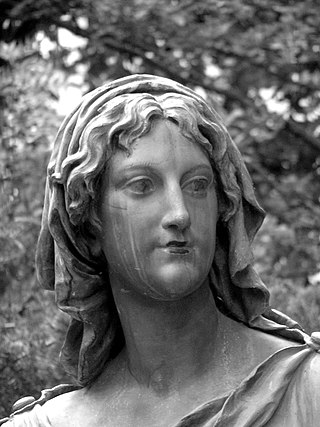
The paradox of tolerance states that if a society's practice of tolerance is inclusive of the intolerant, intolerance will ultimately dominate, eliminating the tolerant and the practice of tolerance with them. Karl Popper describes the paradox as arising from the fact that, in order to maintain a tolerant society, the society must retain the right to be intolerant of intolerance.
Bruno Osimo is an Italian fiction writer, translator, and translation studies scholar.
Gabaglio Antonio was an Italian statistician.

Mario Vegetti was an Italian historian of philosophy.

Giovanni Reale was an Italian historian of philosophy.
Sergio Fabbrini is an Italian political scientist. He is Head of the Department of Political Science and Professor of Political science and International relations at Libera Università Internazionale degli Studi Sociali Guido Carli in Rome, where he holds the Intesa Sanpaolo Chair on European Governance. He had also the Pierre Keller Visiting Professorship Chair at the Harvard University, Kennedy School of Government (2019/2020). He is the co-founder and former Director of the LUISS School of Government He is also recurrent professor of Comparative Politics at the Institute of Governmental Studies at the University of California at Berkeley.
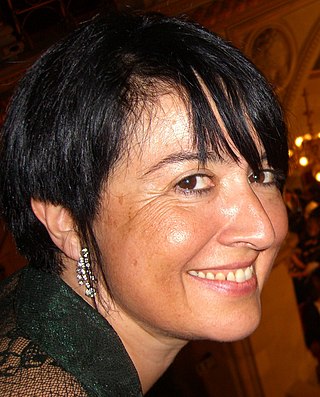
Lorella Cedroni was a political philosopher.

Susan Petrilli is an Italian semiotician, professor of philosophy and theory of languages at the University of Bari, Aldo Moro, Italy, and the seventh Thomas A. Sebeok Fellow of the Semiotic Society of America. She is also International Visiting Research Fellow at the School of Psychology, the University of Adelaide, South Australia.
Giorgio Vallortigara is an Italian neuroscientist.

Kristin Alexandra Andrews is Professor in the Department of Philosophy at York University and she holds the York Research Chair in Animal Minds.

Sentientist Politics: A Theory of Global Inter-Species Justice is a 2018 book by the English political theorist Alasdair Cochrane, published by Oxford University Press. In the book, Cochrane outlines and defends his political theory of "sentientist cosmopolitan democracy". The approach is sentientist in that it recognises all sentient animals as bearers of rights; cosmopolitan in that it extends cosmopolitan political theory to include animals, rejecting the importance of state borders and endorsing impartiality; and democratic in that it aims to include animals in systems of representative and cosmopolitan democracy. It was the first book to extend cosmopolitan theory to animals, and was a contribution to the "political turn" in animal ethics – animal ethics informed by political philosophy.
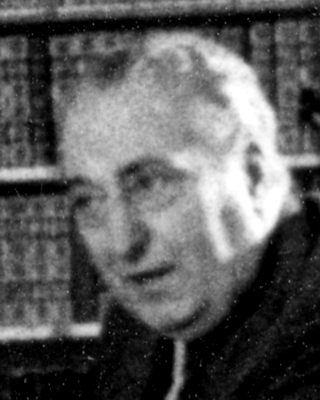
Federico Gentile was an Italian publisher. Gentile is best remembered for founding the publishing company Le Lettere, that he created after many years at the helm of Sansoni, which was acquired by Giovanni Gentile who entrusted it to his son in 1932.
References
- ↑ "Federico Zuolo | Dafist".
- ↑ Zuolo, Federico. CV. Accessed 12 April 2020.
- ↑ Del Bò, C. 2010. "Platone e l’efficacia". Rivista di filosofia110 (2): 311-13. doi : 10.1413/32134.
- ↑ Mandolini, Clara (2009). "Zuolo, Federico, Platone e l’efficacia. Realizzabilità della teoria normativa". Recensioni Filosofiche. Accessed 12 April 2020.
- ↑ Adronadio, Francesco (2010). "Recensão a Federico Zuolo, Platone e l’efficacia. Realizzabilità della teoria normativa". Plato10. doi : 10.14195/2183-4105_10_2
- ↑ Irrera, Elena (2012). "Federico Zuolo (a cura di), Ierone o della Tirannide [Hiero or On Tyranny], Roma, Carocci, 2012". Il Pensiero Politico45 (2): 109-111.
- ↑ Moltchanova, Anna (2016). "Book Review: How Groups Matter: Challenges of Toleration in Pluralistic Societies. Political Studies Review 14 (1): 66-7. doi : 10.1177/1478929915609467e.
- ↑ Blaint, Peter (2016). "Toleration and groups". European Journal of Political Theory 17 (3): 375-84. doi : 10.1177/1474885116661112.
- ↑ Pollo, Simone (2018). "Federico Zuolo Etica e animali". L'Indice dei libri del mese XXXV (9).
- ↑ Schultz-Bergin, Marcus (2021). "Federico Zuolo, Animals, Political Liberalism and Public Reason, (Palgrave Macmillan), 2020". Ethical Theory and Moral Practice . 24 (3): 851–853. doi:10.1007/s10677-021-10191-7. S2CID 236600320.
- ↑ Milburn, Josh (2022). "Review of Federico Zuolo's Animals, Political Liberalism and Public Reason". Between the Species . 25 (1): 119–123.
- ↑ https://www.laterza.it/scheda-libro/?isbn=9788858154557